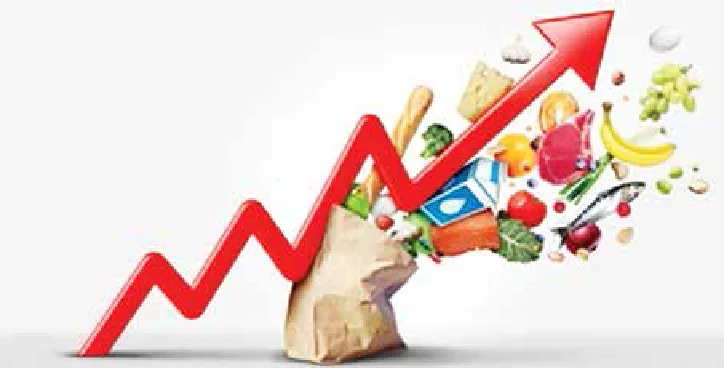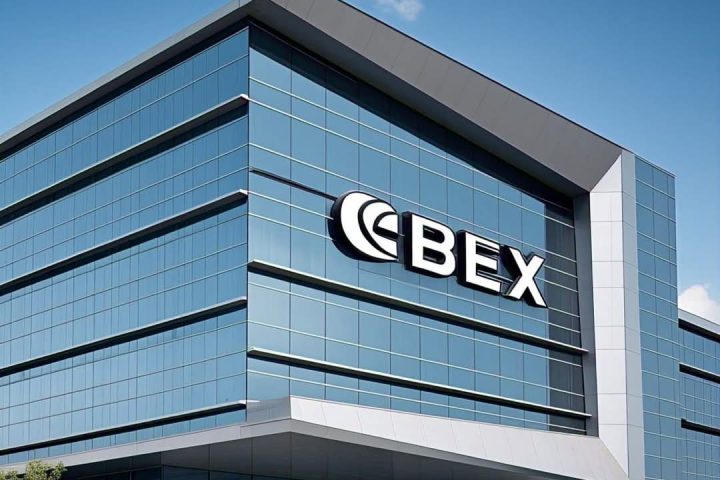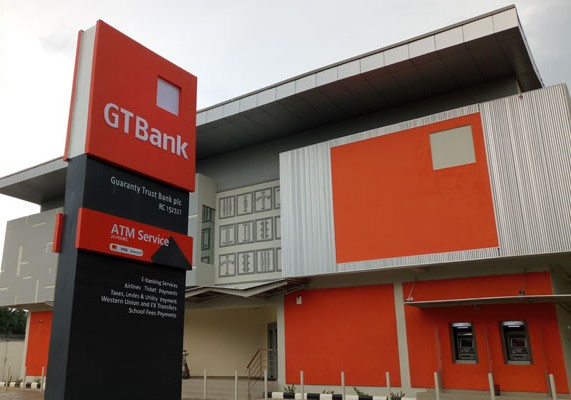Nigeria’s inflation rate dropped to 24.48% in January 2025, a significant decrease from the previous 34.80% in December 2024, according to the National Bureau of Statistics (NBS). This report which was earlier reported by Prime Business Africa was seen as a positive sign for Nigeria’s economy but many Nigerians on X (formerly Twitter) are skeptical, questioning the authenticity of these figures and accusing the government of manipulating the numbers for political gain.
Public Doubt on Nigeria’s Inflation Figures
One such critic, Nero (@Nero365), expressed his concerns, claiming, “They rigged the inflation rate. But MPR rates cannot be reduced with biro. Know the difference.” His comment points to a larger issue many Nigerians feel is at the heart of these statistics— a belief that the figures may not reflect the actual situation on the ground. This sentiment is echoed by K B A (@kbalmustapha), who remarked, “NBS doing everything they could to please the government, we shall see. So for inflation to drop NBS has to Rebase the inflation figures. Tinubunomics in action but on paper, not reality.”
Join our WhatsApp Channel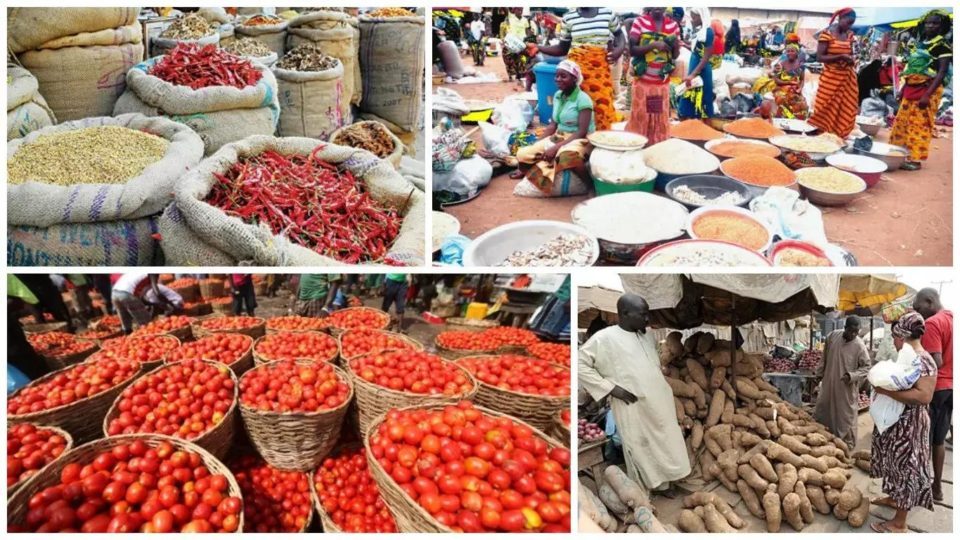
The frustration here revolves around the NBS’s decision to rebase the Consumer Price Index (CPI). This adjustment, which updates the reference year and recalibrates the basket of goods, has led to claims that the figures no longer represent the actual cost of living for the average Nigerian. Many argue that such rebasing is simply a way to manipulate data, rather than addressing the real causes of inflation.
READ ALSO: Nigeria’s Inflation Drops To 24.48% In January
Living Reality vs. Paper Progress of Nigeria’s Inflation
For Great Awo (@bayo_bernard), the inflation drop seems disconnected from the reality that everyday Nigerians are facing. He pointed out the prices of basic goods, asking, “How much is a crate of egg, spaghetti, meat, etc.? Are they different from December price?” His comment underlines a critical issue— while official statistics may show improvement, the high prices of staple goods like eggs, spaghetti, and meat have remained unchanged for most people. This disconnect between statistics and reality fuels accusations that the government is masking the true economic hardship.
A particularly poignant response came from BORN FREE🗽 (@pastorkrismedia), who bluntly declared, “Na Statistics we go chop, go market, you go know what’s up.” His words are a stark reminder that while government reports may paint a rosy picture, Nigerians in the markets see a different reality. He further added, “My people, Propaganda no be food,” implying that the people need tangible relief, not manipulated data or political promises.
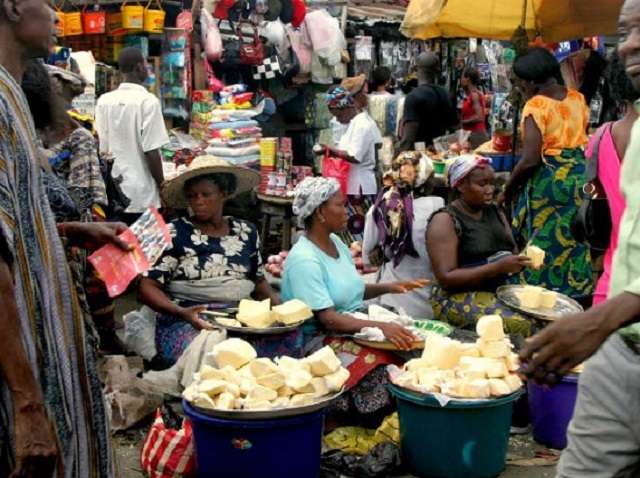
Expert Views on the Inflation Decline
To provide insight into the matter, Prime Business Africa spoke to three economists who offered their views on the reported inflation decline. Dr. Chuka Okoye, Economic Analyst said “While the decline in inflation is a step in the right direction, it’s important to consider the context. Inflation at 24.48% is still very high, and the cost of living continues to rise. The rebasing of the CPI is standard practice, but it can be seen as a way to present a more favorable picture. The government must focus on reducing the real cost of living, not just manipulating statistics.”
Mr. Segun Adebayo, Financial Analyst at a leading Nigerian bank “The government’s focus on inflation targeting is commendable, but there are serious concerns about the effectiveness of its monetary policies. Interest rates are still high, and many Nigerians are struggling with purchasing power. The drop in inflation, while positive, does not reflect the true state of the economy for most Nigerians. It’s essential for the Central Bank to focus on fiscal and monetary coordination to ensure these gains are sustained.”
READ ALSO: Interesting Things To Know Ahead Of Rebased Inflation Figures
Dr. Maryam Suleiman, Senior Policy Analyst said “The inflation numbers we’re seeing are part of a global trend. Global inflation is coming down, and Nigeria is part of that broader shift. However, the inflation rate here remains high compared to other countries. The NBS’s rebase of the CPI is part of aligning Nigeria’s data with international standards, but the true impact on ordinary citizens is what matters most. The government must continue to focus on reducing food prices and improving access to basic goods.”
Is There Any Truth to the Decline in Nigeria’s Inflation?
Despite the skepticism, some Nigerians, like Eureka (@Archimeokey), believe that inflation figures in Nigeria should not be taken at face value. “If you don’t believe it go to Venezuela or Zimbabwe,” Eureka said, comparing Nigeria’s inflation rate drop to the much worse inflation crises in countries like Venezuela and Zimbabwe, where hyperinflation has led to severe economic collapse.
This comment raises an interesting point— while inflation may be slowing down in Nigeria, the country’s inflation rate is still incredibly high by international standards. According to the NBS, the 24.48% year-on-year inflation rate reflects a significant decline, but for the average Nigerian, prices for essential goods like food and transport continue to rise at an alarming rate.

The Central Bank of Nigeria (CBN), under the leadership of Governor Yemi Cardoso, has made it clear that it is committed to reducing inflation through coordinated fiscal and monetary policies. However, the effectiveness of these strategies remains a subject of debate. While the inflation rate has decreased, the purchasing power of many Nigerians is still severely diminished, and daily life remains expensive for many.
A Divided Nation
The controversy surrounding Nigeria’s inflation rate highlights a larger divide in the country. On one hand, government officials and economic analysts tout the improvement in inflation as a sign of progress. On the other hand, a large portion of the population remains unconvinced, frustrated by the disconnect between official reports and their lived experience.
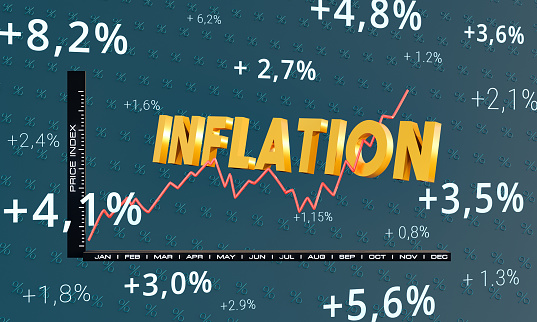
As the economy continues to struggle, Nigerians are demanding more than just statistical manipulations. Many are calling for concrete actions that will make a real difference in their daily lives. Until then, the debate over the true impact of the inflation drop will likely continue to stir controversy.
Emmanuel Ochayi is a journalist. He is a graduate of the University of Lagos, School of first choice and the nations pride. Emmanuel is keen on exploring writing angles in different areas, including Business, climate change, politics, Education, and others.

